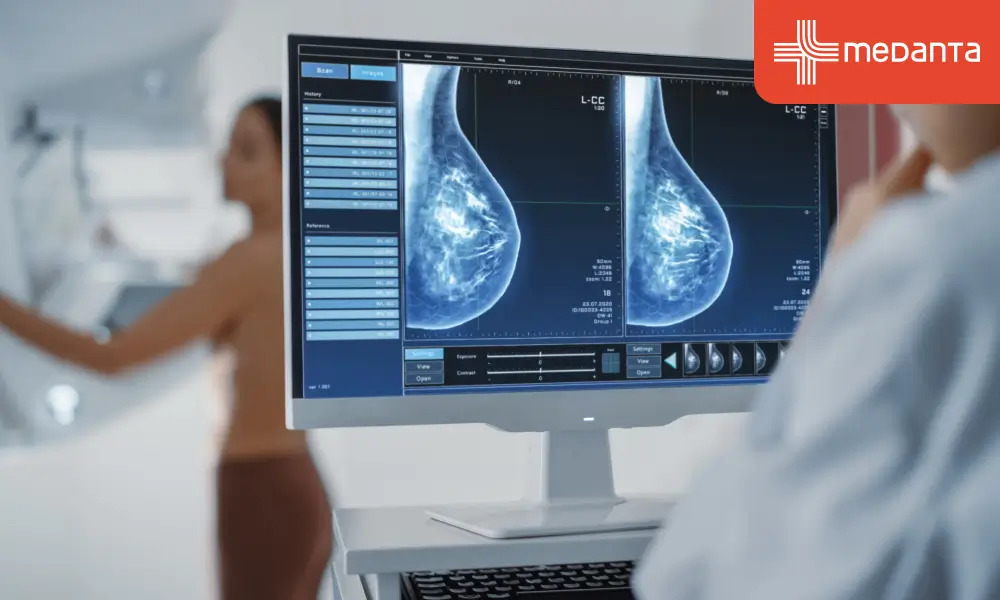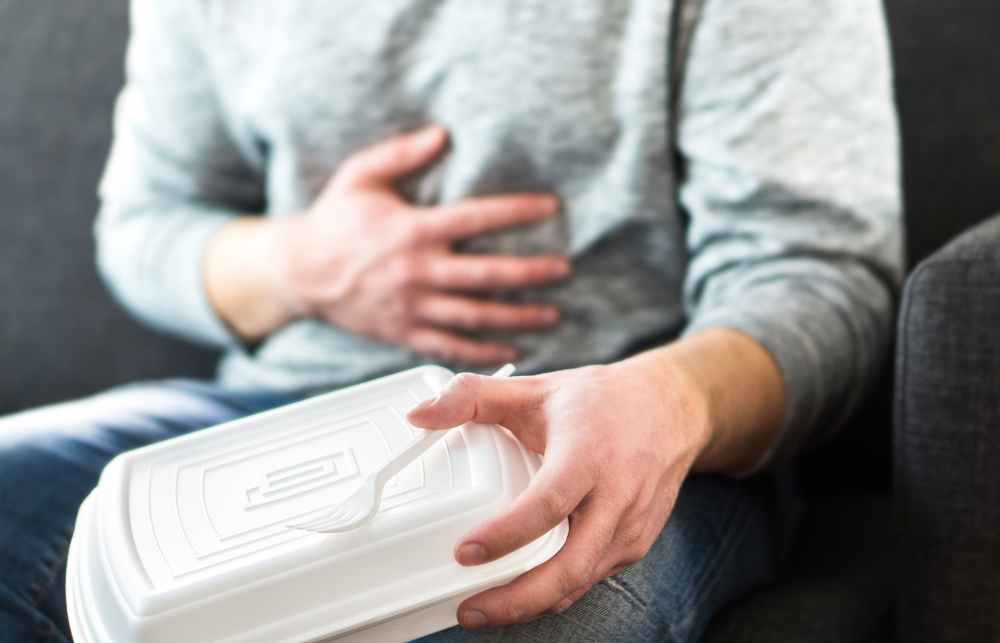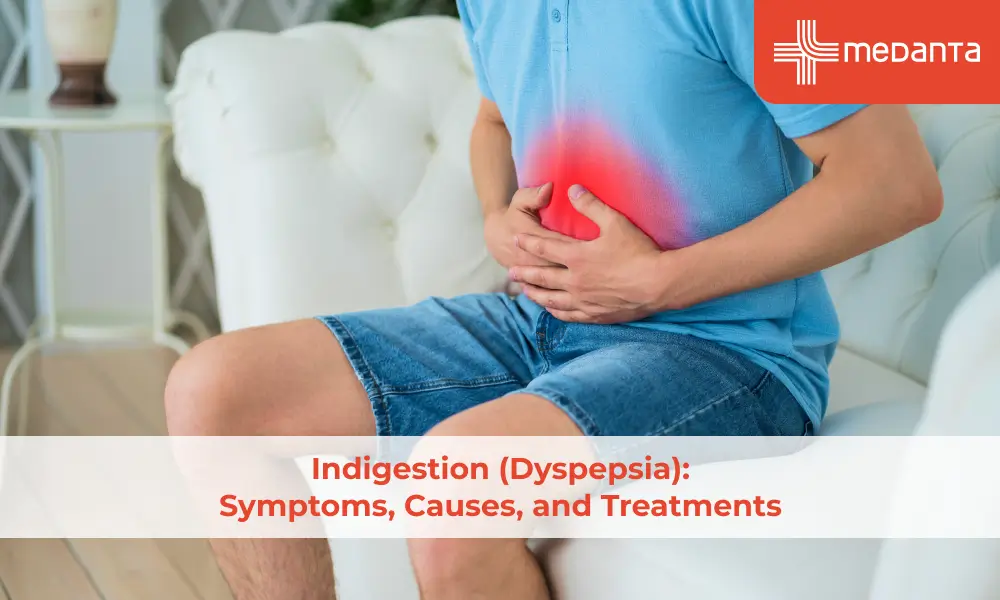Full Body Checkup for Women

TABLE OF CONTENTS
Your life could depend on regular screenings. Women should visit their doctors regularly for checkups, even when they feel completely healthy. Early detection through full-body checkups helps treat potential health issues effectively.
Regular health screenings play a significant role in a woman's overall well-being. Many women put their family's health first instead of their own, often neglecting their own priorities. However, a complete health checkup can catch serious medical conditions before they worsen unnoticed. Women should start getting Pap tests every three years from age 21.
This article explains everything in a full-body health checkup for women and shows which health tests become vital during different life stages.
Health Test for Women
Many women put off important health screenings because they're too busy, though preventive care plays a vital role. Research shows 72% of women have delayed gynaecology visits. About 54% say fear or discomfort holds them back. Many women's health suffered a lot as the majority missed routine screenings due to financial constraints or time limitations.
Why Women Shouldn't Skip Regular Health Screenings
Doctors can detect diseases through preventive screenings before they become serious, life-threatening problems. Recovery chances improve by a lot with early diagnosis, and medical costs go down too. These regular checkups help doctors spot hidden health issues that don't show symptoms right away.
Regular screenings protect against illness and infections. Doctors can guide patients toward better diet and lifestyle choices. Women who make preventive care a priority tend to stay healthier overall.

How Often Should Women Get Health Checkups?
Women should schedule yearly well-woman visits starting at age 21. Doctors check blood pressure at these appointments. They address health concerns, review vaccination records, and learn about family history.
Blood pressure checks should happen every 3-5 years for women aged 18-39.
Those without a family history should begin mammograms at age 40.
Women with no known heart disease risk factors need cholesterol screening by age 45.
Screening for prediabetes and type 2 diabetes becomes necessary at age 35.
Age determines how often these checkups should happen. Women younger than 30 need health assessments every two years. The risk factors related to age make twice-yearly screenings necessary after 50.
Some women need more frequent checkups due to their family history, medical conditions, or lifestyle choices. Each woman's screening schedule should match her unique health needs.
Essential Blood Tests Every Woman Needs
A comprehensive women's health checkup has significant blood tests that can detect health problems early. Here's what women should know about their health screenings:
Pap and human papillomavirus (HPV) tests: Women should start Pap tests when they turn 21 and repeat them every three years. Women between 30-65 years can get HPV testing alone or combined with Pap tests every five years. These tests help detect cell changes that may turn into cervical cancer without proper treatment.
Sexually transmitted diseases (STDs) tests: Sexually active women under 25 need annual tests for gonorrhoea and chlamydia. Women above 25 who have new or multiple partners should get tested yearly too.
Diabetes screening: Blood glucose testing should begin at 35. The test shows if you have prediabetes (5.7–6.4%) or diabetes (6.5% or above).
Mammogram: Women with no family history should start mammograms at 40. Early breast cancer detection through this screening reduces death rates by at least 20%.
Colonoscopy: Women need colonoscopy screenings every 10 years from age 45 until 75. This examination finds precancerous polyps before symptoms appear.
Cholesterol test: Women without risk factors should begin cholesterol screening at 45. The test measures total cholesterol, LDL ("bad"), HDL ("good"), and triglyceride levels.
Bone density test: A bone density test becomes necessary by age 65. This scan reveals your bones' calcium levels and detects osteopenia or osteoporosis.
Lung cancer screening: Women aged 50-80 with a 20 pack-year smoking history need yearly low-dose CT screening if they currently smoke or quit within the last 15 years.
FAQs
What is included in a full-body checkup for women?
A complete full-body checkup package for women has more than 70 tests that check kidney, liver, bone, thyroid, and heart health. Most packages offer blood tests (complete blood count, glucose, cholesterol), imaging tests (mammography, ultrasonography), cancer markers (Pap smear), and expert consultations.
At what age should women start health screenings?
Women need to begin annual well-woman exams when they turn 21. Each screening starts at a specific age:
Pap tests at 21
Mammograms at 40
Colonoscopy at 45
Bone density tests at 65
Which blood tests are important for women's health?
Key blood tests include:
Full blood count
Blood glucose levels
Lipid profile
Thyroid profile
Liver function tests
Sexually active women should also get STI testing.
Are women's health checkups different from general checkups?
Yes! A woman's health checkup focuses on the reproductive system and sexual health. General checkups evaluate overall well-being.
How often should women undergo cancer screening?
The schedule varies by cancer type. Cervical cancer screening happens every 3-5 years based on test type. Mammograms occur every 1-2 years after 40. Colonoscopy takes place every 10 years from age 45.
Is fasting needed for women's health checkups?
Yes, you need to fast for 8-10 hours before testing to get accurate results.






